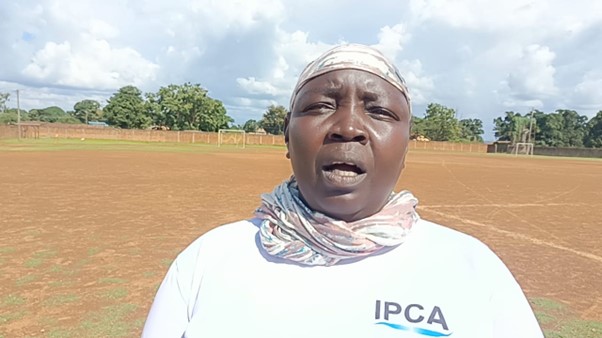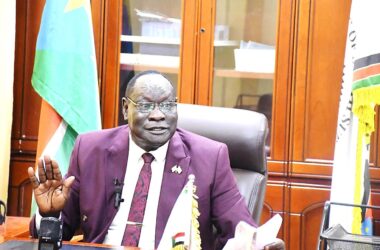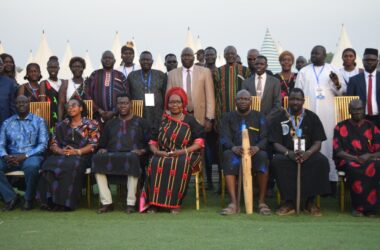By James Innocent
The leader of persons with disabilities in Yei River County of Central Equatoria State has called on armed groups in the country to cease hostilities.
The appeal followed a series of armed conflicts in some parts of South Sudan, including Yei River County.
The group leader called on the forces to stop conflict and dialogue and become one army in order to protect citizens and people living with disabilities who cannot run during any conflict.
Medina Kiden Adigess said people with disabilities often suffer the most in times of violence because many rely on wheelchairs, crutches, or visual support, which makes it difficult for them to escape active conflict zones.
“Most of us cannot run when fighting breaks out. Some have no eyes to see; others are in wheelchairs. We fall victim first when there is conflict,” she explained.
Kiden also urged humanitarian organizations to prioritize assistance for people with disabilities, stressing that the current economic hardship has left many vulnerable families without basic needs.
She called for their inclusion in community programs, noting that persons with disabilities are often sidelined during resource distribution and community activities.
Alex Sebit, popularly known as Burukusu, said the conflict has left many persons with disabilities physically, socially, and economically affected.
He encouraged those who are still able to work to take up farming as a way to fight hunger and sustain themselves.
Meanwhile, Yei elder Antony Dicko called on both humanitarian agencies and the government to invest more in peacebuilding to reduce civilian suffering. “People have been displaced from their homes because of war. It is time to focus on agriculture and resilience so that communities can rebuild,” he said.
Advocates have consistently reminded authorities that South Sudan is a signatory to the United Nations Convention on the Rights of Persons with Disabilities (CRPD), which obliges the country to ensure the safety, dignity, and inclusion of people with disabilities in all aspects of life, including during times of conflict and displacement.



